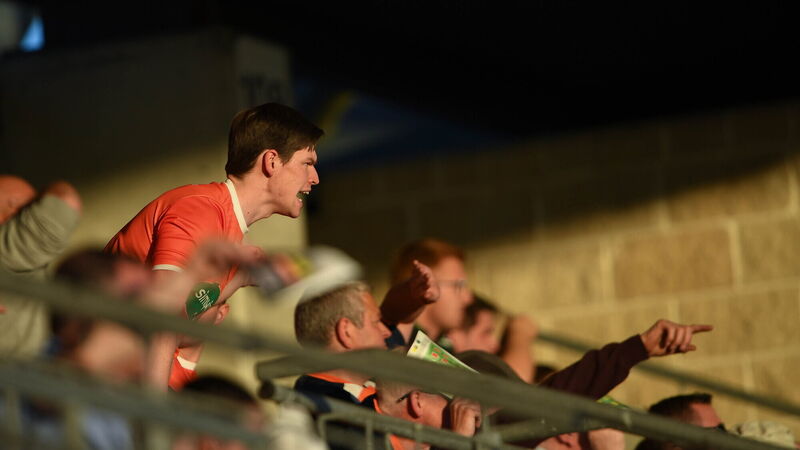Michael Moynihan: When returning to the stands, don't forget how to behave

An Armagh supporter during the Allianz Football League Division 1 North Round 3 match between Armagh and Donegal at the Athletic Grounds. Picture: Piaras Ó Mídheach/Sportsfile
Soon you can go back to sports events.
You're excited. I understand that. Favourite team, favourite venue. Favourite spot in that favourite venue from which to watch your favourite team. Soon the comfortable routine will reassert itself and all will be right with the world.









